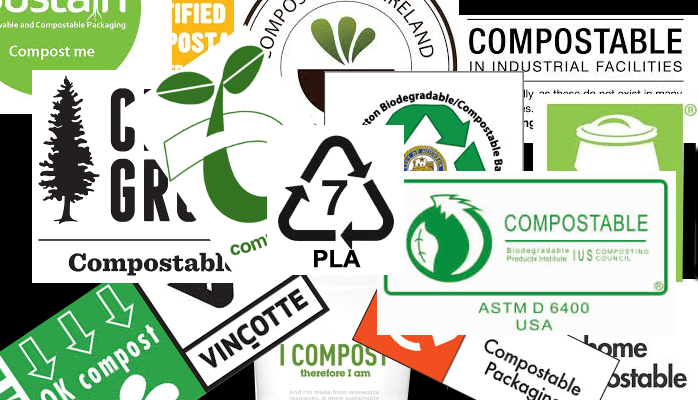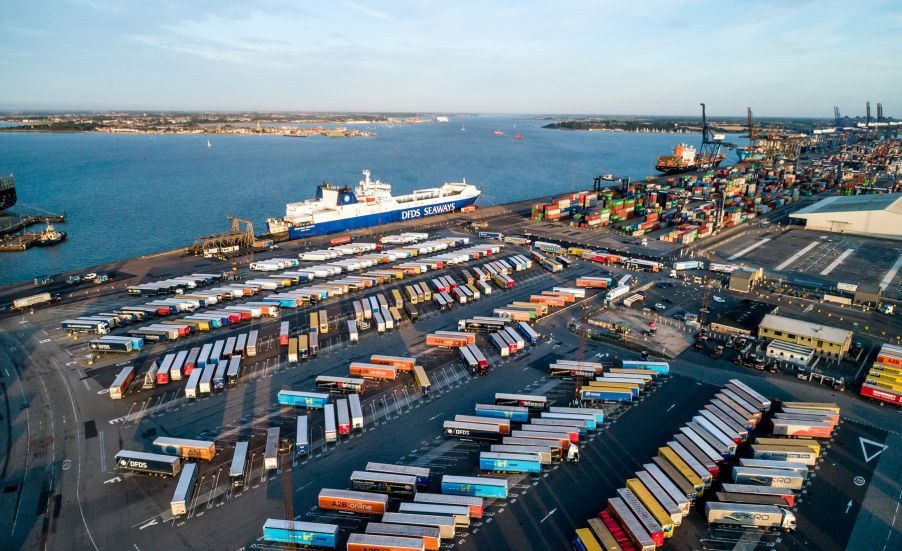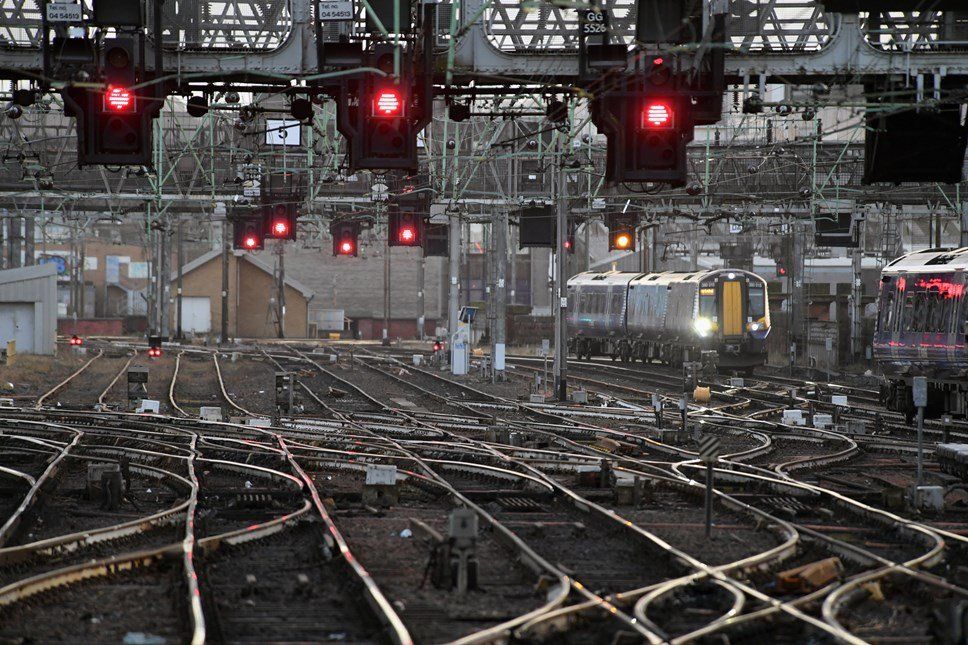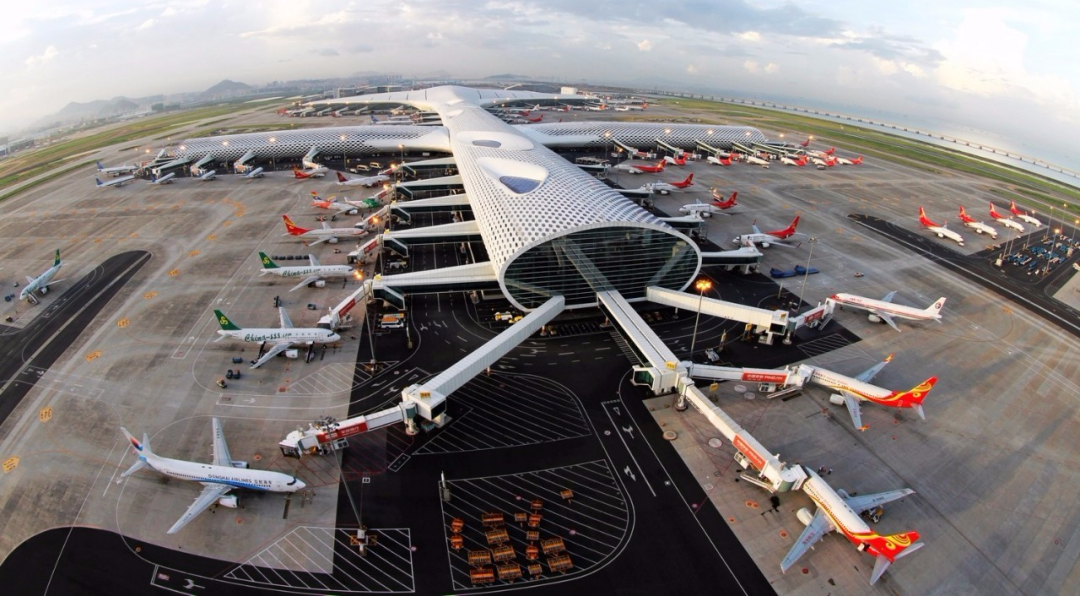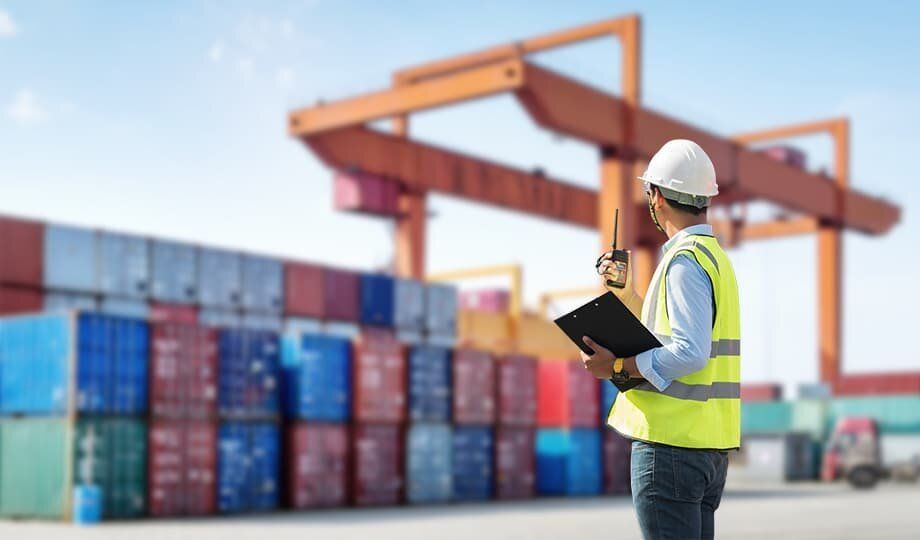AHCT GROUP NEWS
Inflation: Things that are going up in price and why
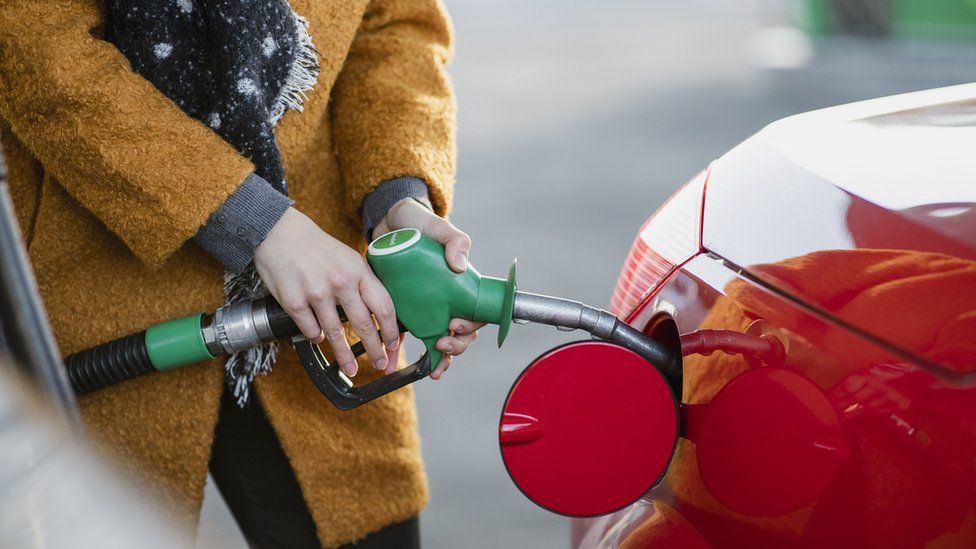
The planet is clearly calling for action. Nature is suffering. Oceans are full of plastic and become more acidic. Extreme heat, wildfires and floods have affected millions. Even these days, we still face COVID-19, a global health epidemic related to the health of our ecosystems.
Coal has played an important role. According to the US Energy Information Administration, in 2021 the share of electricity generated from coal increased for the first time since 2014. The International Energy Agency reports that global coal consumption increased in 2021, exceeding even the pre- pandemic 2019 levels. Further, more than 600 new coal-fired power plants are planned in Asia. Recall, coal was supposed to be on its deathbed. Indeed, the climate movement after waging a successful campaign against coal, was calling for an end to natural gas.
The cost of living is continuing to climb, with prices in the UK rising at their fastest rate for 30 years, according to the latest official figures.
Factors including supply chain issues, the war in Ukraine, recruitment challenges and increased wages have come together to create a perfect storm of higher costs, as the country recovers from the Covid pandemic.
Prices are increasing on a wide variety of products - here are five things which have been particularly affected and some of the reasons why.
Changes in prices at the pump are largely determined by crude oil prices.
Fuel prices were already rising before the war in Ukraine, as suppliers struggled to meet the growing demand post-lockdown.
But now the Russian invasion is making matters worse. The country is one of the world's largest oil exporters but Western countries have pledged to move away from Russian oil following the invasion.
The US has announced a complete ban on Russian oil imports, while the UK is to phase it out by the end of the year. The EU is also trying to reduce its reliance on Russian oil.
That means demand for oil from other producers has increased, leading to higher prices.
The UK imports just 6% of its crude oil from Russia, but 18% of its diesel.
The average price of diesel in the UK has risen 18% since the start of February, while the average cost of unleaded has risen by 11%.
The surge in global demand for energy following the relaxation of Covid restrictions has also pushed up the price of gas.
With Russia the world's largest natural gas exporter, the invasion of Ukraine has driven prices even higher.
Again, the UK gets relatively little of its gas from Russia but it's still affected by volatile global prices.
Energy bills rose further after the energy price cap - the maximum price suppliers in England, Wales and Scotland can charge households - increased by an average £700 a year at the beginning of April.
Meanwhile, businesses are also being affected by rising energy prices - and they're not protected by the price cap.
Paul White, who owns the pizzeria 6/CUT in Eccles, Greater Manchester, said his business was spending £500 more a week on energy bills, alongside rising fuel and food prices.
"We need to find an extra £1,400 a week to cover the costs of everything that's come on in the last few weeks," he told the BBC.
He says he will have to put up prices, and is looking to charge each customer about 50p to £1 extra to cover his rising overheads.
By Becky Morton
BBC News
Published13 April


